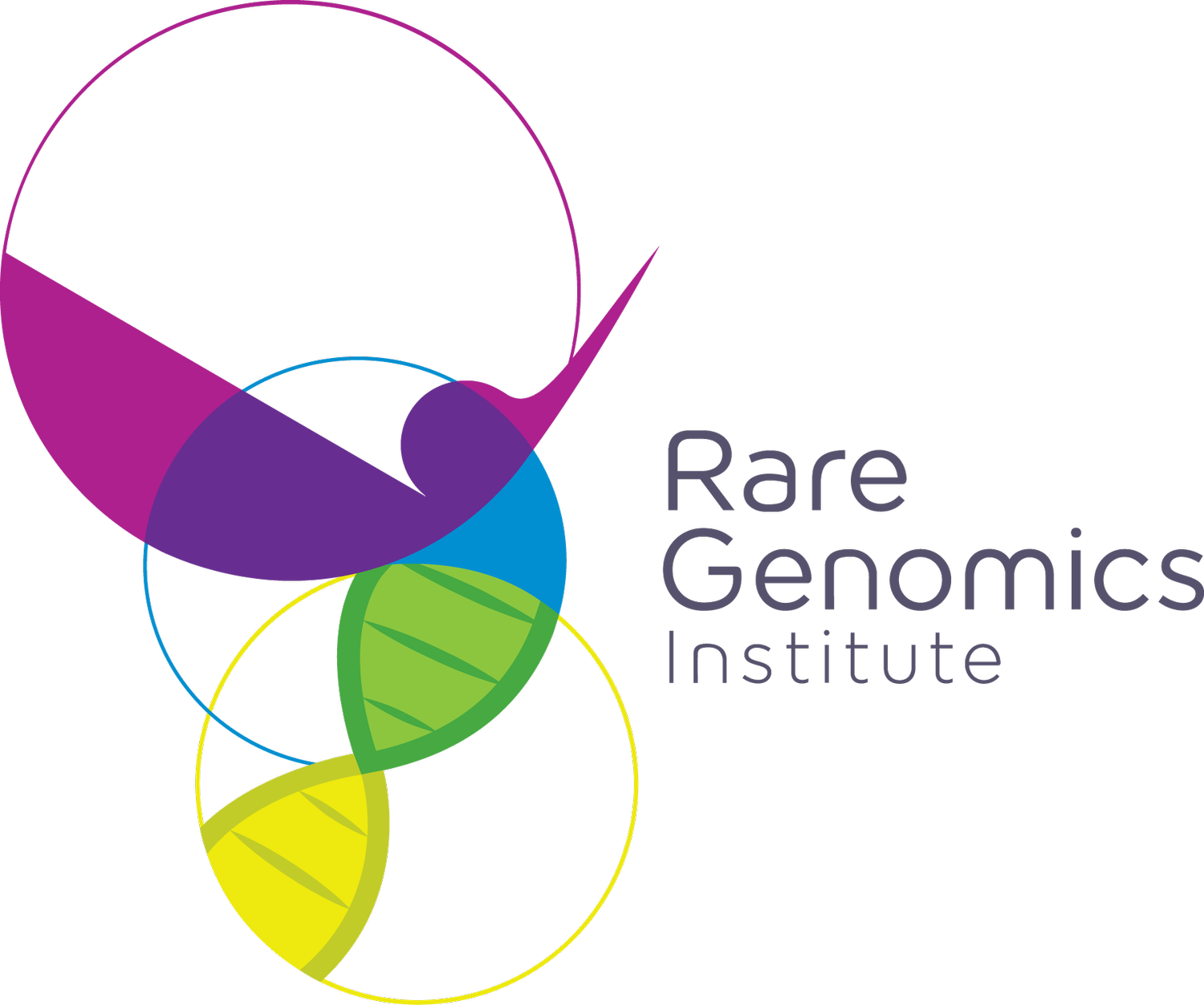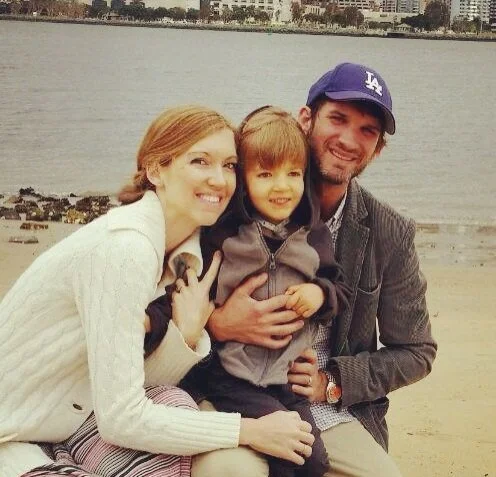
Patient Success Stories
Luke & Clay’s Story with Arts Syndrome
Nelson Family
Our 13 year old son, Luke, was born with profound hearing loss, some hypotonia & retinal dystrophy, which was thought to be caused from congenital CMV. He was constantly sick throughout his childhood, but that was thought to be mostly due to infection in his cochlear implants. Five years ago, after he had the CIs removed, he had a nasty round of pneumonia that left him unable to walk, even after he was better. Bloodwork showed elevated creatinine kinase levels, which we knew CMV had nothing to do with....which led to numerous new specialists, biopsies, testing... all which came back with more questions. He continued to deteriorate. He is now completely non ambulatory, blind, he is on a pulmonary, cathing & bowel plan(s), on pain meds for neuropathy, has terrible GI issues & a gtube for medication, hydration & nutrition when he can’t eat. But as testing was normal, we were basically almost giving up hope of ever finding a diagnosis & just trying to manage symptoms. Insurance wasn’t going to pay for Genome Sequencing.
In 2016, our son, Clay was born. He also had profound hearing loss & mild hypotonia, which we knew couldn’t be from CMV... but we were hoping it was just a hearing gene they both had, even though the most common ones all came back normal. Then he had an ERG done that also showed retinal dystrophy. You can imagine our fear. Now we knew this was a genetic condition. We were going to have to watch another child deteriorate & suffer with no diagnosis. We felt helpless.
Enter the amazing, life changing, hope giving Rare Genomics Institute. They helped us get quad Whole Genome Sequencing with Illumina through the iHope program. The Sequencing found a mutation in my, Luke & Clay’s X chromosome (PRPS1). Genetics diagnosed our boys with an extremely rare metabolic syndrome called Arts Syndrome. As far as we know from medical literature, we are the only known living cases. While it is a devastating, gloomy diagnosis with no cure, there is a treatment that has been shown to help with symptoms. I dare say our Clay (at 2 years) might be the youngest ever diagnosed. If we can get him on treatment right away & set up pulmonary plan & illness protocol right away... his quality of life could be vastly improved & his deterioration slowed...who knows what kind of impact this early knowledge could have on his life?!
As for Luke, we can’t reverse the damage done, but maybe we can manage his symptoms, & plateau. We know what things this syndrome attacks...we can be proactive in everything, getting plans & the right specialists involved, etc...helping make our boys lives the best & happiest that they can be.
We are beyond grateful for the compassion of RG. Thankful for giving us a diagnosis, for giving us knowledge, for giving us hope.
Written by Mike & Joanne Nelson
Harrison’s Story with CMS
Harrison with Family
Since he was born, Harrison Snow had suffered from an undiagnosed muscular disease that led to difficulties speaking, swallowing, and breathing. He spent nearly every day in a state of fatigue and exhaustion. After four years of searching for a diagnosis, his family contacted the Rare Genomics Institute. The patient advocacy team worked with the Snow family to partner with two other institutions, the Scripps Institute and the Mayo Clinic.
Exome sequencing for Harrison was performed at the Scripps Institute. The sequencing led to a diagnosis of a neuromuscular disease called Congenital Myasthenic Syndrome (CMS), a very rare disease affecting around 1 in 500,000 people. CMS has 12 subtypes, and the sequencing was also able to pinpoint the exact subtype of the disease that Harrison was diagnosed with: one of the rarest, with only 12 reported cases in the entire world.
In April, the family was able to see the nation’s specialist in CMS at the Mayo Clinic, who had actually discovered several of the subtypes. The family learned that there are currently 5 drugs available to treat the symptoms of CMS. Certain medications that are greatly effective for one subtype can harm patients with other subtypes, so knowing Harrison’s specific genetic makeup allowed the doctor to prescribe an effective course of treatment.
Four weeks ago, Harrison started taking Albuterol syrup, and the family has already seen a remarkable improvement in his condition. “He has a ton of energy…we can hardly make him sit down to watch a TV show these days!” says Susan, Harrison’s mother. “He is talking much better, he is swallowing without issue, his breathing is slower and deeper. We have been so encouraged by the changes.”
“This entire experience has honestly been life-changing for us,” Susan continues. “Instead of laying in bed at night wondering what our son has and if he’s going to worsen over time, we now know that his disease is not degenerative and that he will likely live a long life. While he will always have medical challenges, this diagnosis has given us a course of treatment to help to alleviate his symptoms. We are now on the radar of the nation’s specialist in this disease so if any new courses of treatment arise, we could have access to those treatments through him. We can now make plans for our family’s future…something we never felt comfortable doing without a diagnosis.”




